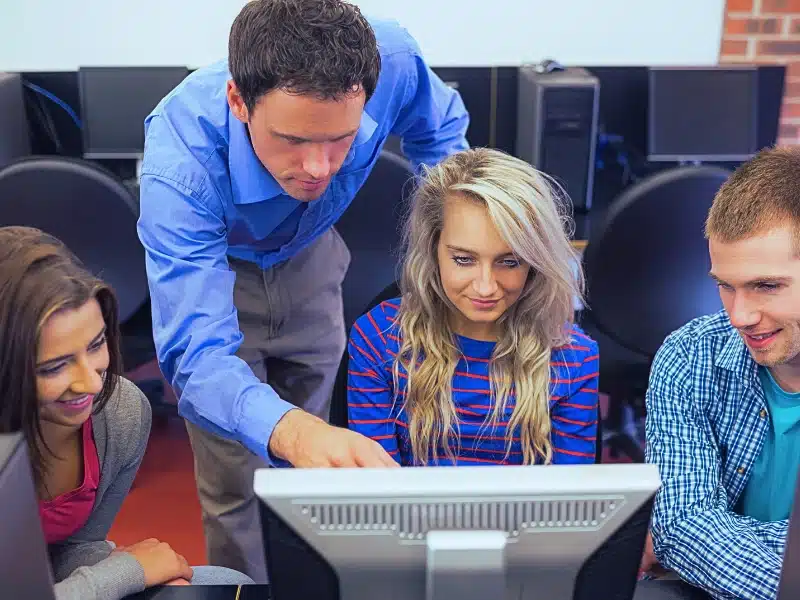From Theseus to the Classroom: How AI’s Evolution is Shaping Modern Education
20Sep
What is Artificial Intelligence?
Artificial Intelligence’s (AI) origins date back to the 1950s when a computer scientist developed a remote-controlled mouse named Theseus, which could navigate and memorize a maze. Although early advancements were slow, improvements in computing power, cloud technology, and access to large datasets have greatly accelerated AI development. Today, AI tools like ChatGPT facilitate natural language conversations, while industries use AI for applications ranging from autonomous vehicles to medical diagnostics and dynamic pricing strategies.

AI is a field of computer science focused on creating machines, systems, or software capable of performing tasks that typically require human intelligence. These tasks include reasoning, problem-solving, learning, perception, natural language processing, and decision-making. AI is designed to mimic human cognitive functions and adapt to new information and changing environments.
How can Artificial Intelligence (AI) be utilized in schools?
AI is becoming a popular tool in schools and classrooms around the world, and it has the potential to transform the future of learning in many ways. Some of the ways AI can impact education include:
- Personalized Learning: AI can analyze student data to identify strengths and weaknesses, and create customized learning paths. This can help students achieve deeper understanding and a love for learning.
- Automated Tasks: AI can automate administrative tasks like grading, freeing up teachers’ time for personalized interactions with students.
- Accessibility: AI-powered accommodations can increase accessibility for students with disabilities and English language learners.
- Gamified Learning: AI can make learning more fun and engaging, especially for students who struggle with traditional methods.
- AI Tutors: AI tutors can provide immediate feedback and support, filling gaps in traditional classroom instruction.
- Context-aware Devices: AI-powered devices that are always with learners could provide educational assistance based on their experiences.
